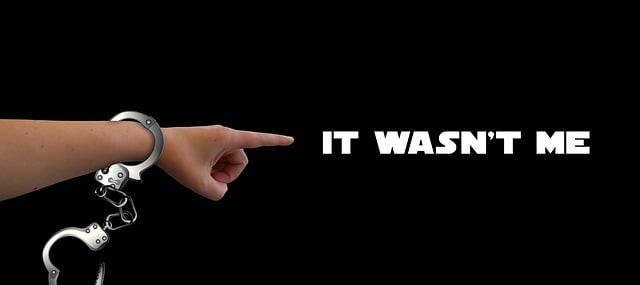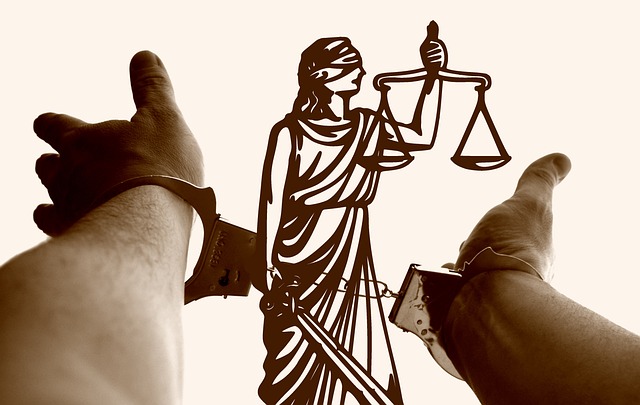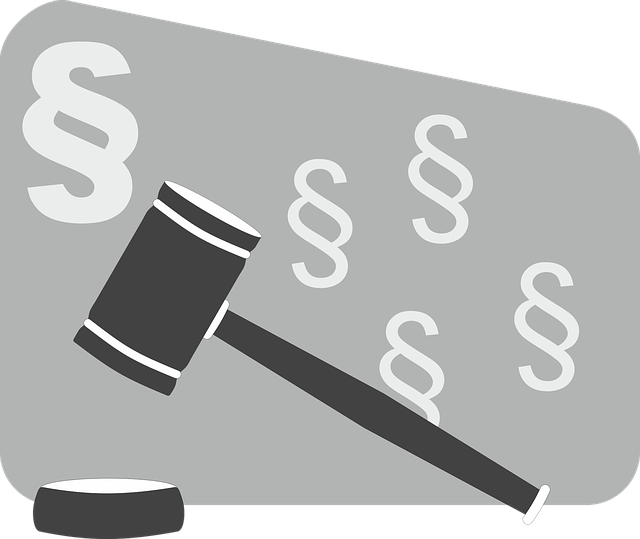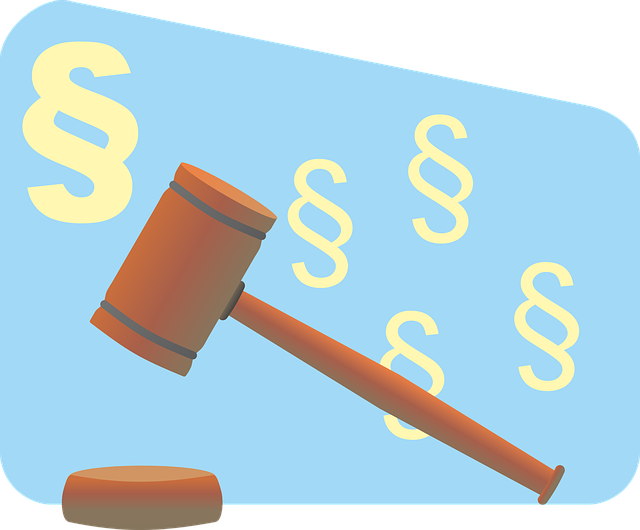Public corruption charges, stemming from power abuse by public officials, carry severe consequences, including criminal penalties and job loss. These cases, often involving bribery and misconduct, significantly impact both official employees' rights and the citizens they serve. Understanding Employee Rights Under Labor Law Violations is crucial when facing such charges, as it protects workers from retaliation for reporting or refusing to participate in corrupt activities. Corruption can disrupt workplace dynamics, leading to decreased morale and increased turnover. Authorities play a vital role in prosecuting these cases, fostering transparency and accountability across industries. Preventive measures, including internal controls, employee training, and open communication channels, are essential to combat public corruption and protect employee rights under labor law violations.
Public corruption charges cast a long shadow over individuals, institutions, and entire communities. Understanding these charges from a legal perspective is crucial for navigating the complexities of employee rights in the face of potential labor law violations. This article explores the multifaceted impact of public corruption, including its effects on workplace dynamics. We delve into the roles of authorities in enforcing laws and regulations, while also highlighting effective preventive measures to combat this pervasive issue, with a specific focus on Employee Rights Under Labor Law Violations.
- Understanding Public Corruption Charges: A Legal Perspective
- Employee Rights: Protections Against Labor Law Violations
- The Impact of Corruption on Workplace Dynamics
- Enforcing Laws and Regulations: Authorities and Their Roles
- Preventive Measures: Strategies to Combat Public Corruption
Understanding Public Corruption Charges: A Legal Perspective

Public corruption charges are a complex legal matter that involves the abuse of power and trust by individuals holding public office or positions of authority. These cases often revolve around allegations of bribery, fraud, and misconduct in which government officials may have exploited their positions for personal gain. From a legal perspective, understanding these charges requires delving into specific statutes and regulations designed to protect the integrity of public institutions.
In many jurisdictions, public corruption is addressed through intricate labor law violations, where an official’s actions impact not only their own employee rights but also those of the citizens they serve. The consequences can be severe, including criminal penalties, civil lawsuits, and even removal from office. An unprecedented track record of successful prosecutions underscores the importance of holding public servants accountable for their actions. Jury trials play a crucial role in these cases, as they ensure a fair and transparent process where evidence is presented, and justice is determined by an impartial group of citizens.
Employee Rights: Protections Against Labor Law Violations

When facing public corruption charges, understanding employee rights under labor law violations is crucial. Employees who are involved in or witness such activities have specific protections to ensure their safety and well-being. These rights are designed to foster a culture of integrity within organizations and discourage white collar and economic crimes.
In the face of corporate and individual clients’ alleged misdeeds, employees may fear retaliation for coming forward. However, labor laws safeguard them from such actions, including termination, harassment, or discrimination. This is especially important as it encourages employees to report illegal activities without hesitation. Additionally, these protections extend to those who participate in jury trials related to public corruption cases, ensuring their rights are respected throughout the legal process.
The Impact of Corruption on Workplace Dynamics

Public corruption charges can significantly disrupt workplace dynamics, affecting not just the organization’s reputation but also its internal functioning. When corrupt practices are exposed, employees may feel a sense of distrust and disillusionment, eroding morale and productivity. The atmosphere in such work environments often becomes toxic, hindering open communication and collaboration—essential elements for a healthy workplace culture. This can lead to increased employee turnover, as workers seek healthier professional settings that uphold ethical standards.
Moreover, corruption-related charges can result in legal repercussions under labor laws, especially regarding Employee Rights. Labor law violations stemming from corruption might include unfair treatment, discrimination, or even the loss of job security for employees who refuse to participate in unethical behavior. Achieving extraordinary results in such scenarios often involves addressing these issues transparently and ensuring that corporate and individual clients are held accountable while also protecting the rights and welfare of all employees involved.
Enforcing Laws and Regulations: Authorities and Their Roles

In the complex landscape of public corruption charges, authorities play a pivotal role in enforcing laws and regulations designed to protect the integrity of societies and institutions. These entities, encompassing both government bodies and independent agencies, are tasked with investigating and prosecuting instances of misconduct, including labor law violations that infringe upon employee rights. By upholding these rules, they safeguard the interests of not just corporate and individual clients, but also maintain the fabric of fair practices in various sectors.
An unprecedented track record of successful prosecutions for white-collar and economic crimes is a testament to the growing sophistication of these authorities. Their efforts not only deter future corrupt behaviors but also foster transparency and accountability across industries. This relentless pursuit of justice ensures that businesses, public officials, and individuals alike are held responsible for their actions, creating an environment conducive to ethical conduct and sustainable growth.
Preventive Measures: Strategies to Combat Public Corruption

Preventive measures are paramount in the ongoing battle against public corruption. Organizations can fortify their defenses by implementing robust internal controls and promoting a culture of transparency and accountability. This includes establishing clear guidelines on ethical conduct, regular training for employees on anti-corruption policies, and stringent procedures for financial reporting. Moreover, empowering employees to report suspected violations without fear of retaliation is crucial—under labor law, workers have rights that protect them from retribution when they uncover or refuse to participate in corrupt practices.
Regular audits and oversight mechanisms further bolster these defenses, acting as deterrents against potential wrongdoers. By scrutinizing financial transactions, procurement processes, and decision-making at all levels, organizations can identify vulnerabilities and take corrective actions. Additionally, fostering open communication channels encourages employees to speak up about any unethical activities they observe, making it more difficult for corrupt practices to go unnoticed or unaddressed. This collective approach, involving both corporate and individual clients, is essential in navigating the complex landscape of high-stakes cases and ensuring integrity within respective businesses.
Public corruption charges significantly impact not just legal landscapes but also workplace dynamics. Understanding these charges, as discussed in this article, is crucial for both authorities and individuals. By recognizing the implications of labor law violations within public sectors, we can better enforce laws to protect employee rights under Labor Law Violations. Preventive measures, such as enhanced transparency and strict regulations, are vital strategies to combat corruption, fostering a more robust and ethical working environment.






